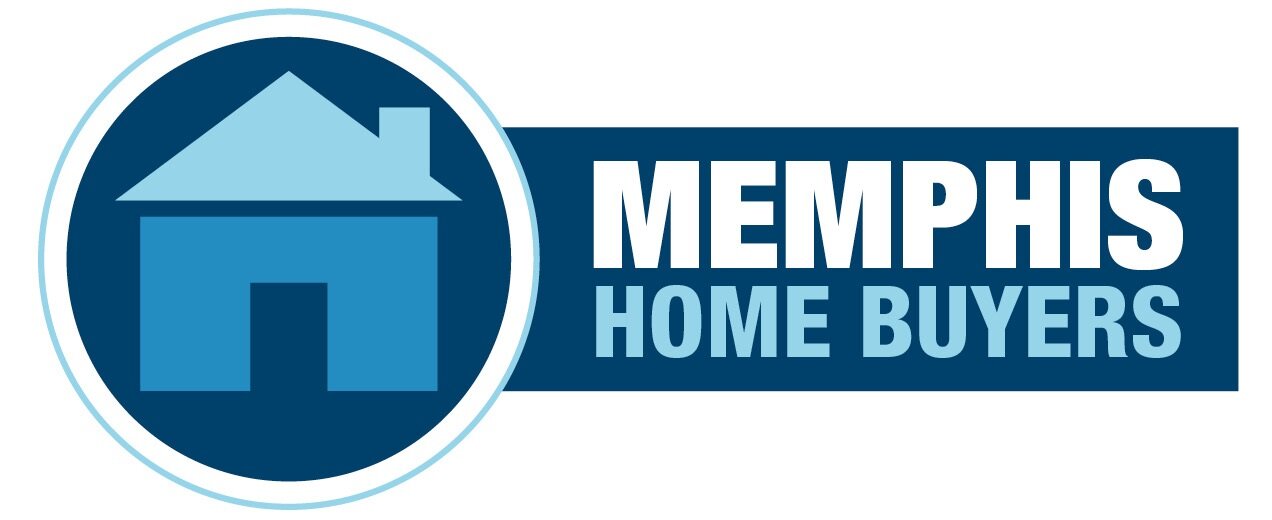
Thinking about selling your house in Memphis? Traditional home sales carry several expenses, some of which you may not have taken into consideration. No matter if you select to work with a professional real estate agent or sell on your own, you’re likely to run into all of these expenses. We will explore five costs you may not be aware of when selling your house in Memphis.
Commissions and Fees
Along with the traditional commissions that real estate agents charge, there may also be fees charged for the brokerage services and other costs associated with using an agent. Even if you sell on your own, a buyer is likely to be working with an agent, who will take the commission from your profits. These commissions and fees can run into the thousands and are something you may not be aware of when selling your house in Memphis.
Marketing
Marketing is what listing is all about and while yard signs may bring in buyers, the internet is the new highway that brings buyers to your door. Besides the inconveniences of showings, successful marketing comes with costs you may not be aware of when selling your house in Memphis. In order to compete, online listings require high quality photographs, submitted by a professional photographer. This may also include the services of a professional drone pilot for virtual tours given today’s high demand for this feature on listings.
Repairs
Prepping your home to be in selling condition may be one of the largest and most stressful of the costs you may not be aware of when selling your house in Memphis. When the last thing you want to do as a seller is to invest even money into the house,this is just what you may end up having to do. Inspections can deliver some very expensive news, especially in older homes. Structural issues, foundation or even plumbing problems can literally run into thousands of dollars. Any known issues with the home must be disclosed. If you aren’t able to afford the repairs, be ready to deduct the costs from your asking price.
Holding Costs
Holding costs, also known as carrying costs, are the expenses incurred by a property owner while holding or owning the property. These costs are ongoing and can accumulate over time until the property is sold or put to productive use. Holding costs are typically associated with real estate, but they can also apply to other assets or investments. The main components of holding costs include:
- Mortgage Payments: If the property was purchased with financing, the owner must make regular mortgage payments, which consist of both principal and interest amounts.
- Property Taxes: Property owners are required to pay property taxes to local authorities, usually on an annual or semi-annual basis, based on the assessed value of the property.
- Insurance: Property insurance, such as homeowner’s insurance or commercial property insurance, is necessary to protect the property from potential risks and liabilities.
- Utilities: Holding costs encompass utility expenses, such as electricity, water, gas, and sewer charges, necessary to maintain the property.
- Maintenance and Repairs: Property upkeep is essential to preserve its value and appeal. Maintenance costs may include landscaping, cleaning, repairs, and regular servicing of appliances and systems.
- Homeowner Association Fees: In some cases, property owners may be subject to homeowner association (HOA) or condominium fees for shared amenities and community maintenance.
- Interest on Equity Loans: If the owner has taken out a home equity loan or line of credit, interest payments on these loans will contribute to holding costs.
- Vacancy Costs: If the property is a rental, periods of vacancy between tenants result in lost rental income, impacting holding costs.
- Opportunity Cost of Capital: If the owner has invested a significant amount of money into the property, there is an opportunity cost of not having that capital available for other investments or purposes.
- Property Management Fees: For property owners who use a property management company to handle tenant interactions and property maintenance, management fees are part of holding costs.
Holding costs can significantly impact the profitability of an investment property, especially if the property remains vacant or if expenses exceed income. Real estate investors and property owners need to carefully assess holding costs when evaluating the financial viability of a property or investment strategy. Minimizing holding costs through efficient property management and strategic decision-making can help maximize returns and overall financial success.
Closing Costs
Closing costs are the expenses incurred by buyers and sellers during the final stages of a real estate transaction, typically when a property is being bought or sold. These costs are paid at the “closing” or “settlement” of the transaction, when ownership of the property is transferred from the seller to the buyer. Closing costs can vary based on location, property value, and other factors, and they are usually expressed as a percentage of the total property value. The specific items included in closing costs can differ depending on local regulations and individual agreements, but common components include:
- Loan-Related Costs: These expenses apply to buyers who are obtaining a mortgage to finance the purchase of the property. They may include application fees, loan origination fees, appraisal fees, credit report charges, and mortgage points.
- Title Insurance: Title insurance protects the buyer and lender from any potential disputes or claims regarding ownership of the property. Both the buyer and the lender may need separate title insurance policies.
- Attorney or Escrow Fees: In some regions, an attorney or escrow company is involved in the closing process to ensure all documents are properly prepared and funds are handled appropriately.
- Property Taxes: Depending on the timing of the transaction, the buyer may be responsible for reimbursing the seller for prepaid property taxes, or the seller may need to credit the buyer for taxes already paid.
- Recording Fees: These fees are paid to the local government to record the new deed and other related documents, officially transferring ownership of the property.
- Survey Fees: A property survey may be required to confirm the property’s boundaries and identify any encroachments or other issues.
- Homeowners Association (HOA) Fees: If the property is part of a homeowners association, the buyer may need to pay a portion of the HOA fees for the current period.
- Home Inspection Fees: Buyers often hire a home inspector to assess the property’s condition before closing, and the inspection fee is typically paid at this stage.
- Courier and Wire Transfer Fees: These fees cover the costs of courier services and wire transfers related to the transaction.
- Prorated Costs: Certain expenses, such as utility bills and maintenance fees, may be prorated based on the closing date to ensure a fair distribution of costs between the buyer and seller.
You could be facing a small fortune in costs that you may not be aware of when selling your house in Memphis. Why not avoid the listing costs you’d normally expect to pay by selling to Memphis Home Buyers instead? With a direct sale to Memphis Home Buyers closings are quick, usually within 30 days or less and you don’t need to worry about repairs. Memphis Home Buyers takes on the risks, buying your home as-is. Memphis Home Buyers even pays all of the closing costs. Send us a message or call us at (901) 828-8419 today to find out more!
